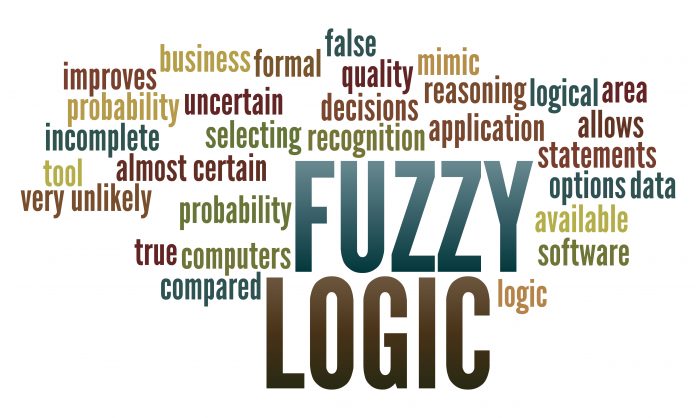by Chun-Hao Tseng; Fabian Hadipriono, P.E., F.ASCE; Josann Duane; Patrick Maughan; and Earl W. Whitlatch, OSU Library Database, August 1, 2004
Abstract: Crime has been plaguing parking garages in the United States. At The Ohio State University, crime on campus, in general, has decreased in recent years; however, crime in OSU parking garages has remained stable in spite of campus-wide efforts to reduce crime. When assessing and evaluating parking garages, occupants employ experience-based judgment that is subjective and imprecise, yet extremely useful. When designers employ the principles of crime prevention through environmental design, they also use subjective variables. An approach that captures the imprecise information in noncrisp expressions reflecting subjective and experience based variables is the fuzzy logic concept. This concept allows the use of mathematical operations to manipulate and operate on imprecise information or knowledge. Variables such as garage illumination and wall height were collected, fuzzified, and treated as the knowledge base of a model presented in this paper. In addition, numerous experience-based implication rules were developed and employed to evaluate subjective variables. A computer program was developed to illustrate implementation of the model.
The Fuzzy Logic system presented in this article could potentially be a way to analyze some of my survey findings, which are more text-based since it has to do with gathering people’s perceptions and opinions. I found a Microsoft product called the Fuzzy Lookup, which is an add-in for Excel that can be downloaded for free. It could be a tool that I use to organize my survey data.




